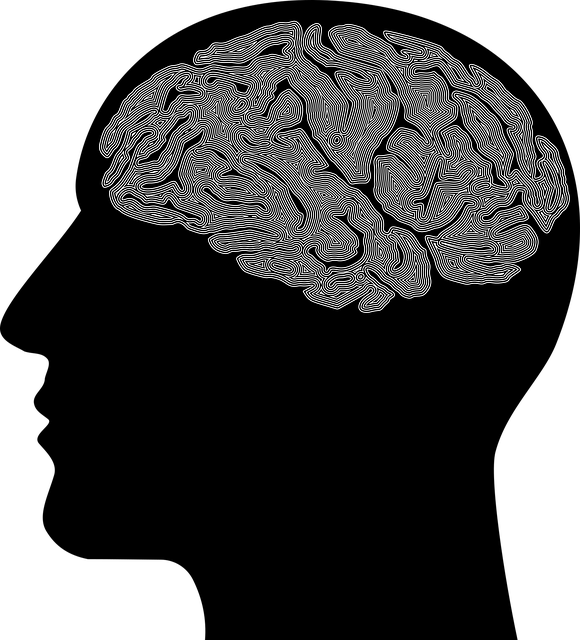The media plays a pivotal role in shaping societal perceptions of mental illness, either perpetuating stereotypes or fostering understanding. Inaccurate portrayals can exacerbate stigma and fear, hindering support for those seeking help, including those interested in Denver Family Counseling Therapy (DFCT). Conversely, positive media representations encourage conversations, reduce stigma, and promote help-seeking behaviors. DFCT, a leading force in combating mental health stigmas, offers tailored family counseling and innovative programs like Compassion Cultivation to create a supportive environment for open dialogues about diverse conditions. Through community outreach, they actively contribute to inclusive mental health initiatives, positively impacting awareness and outcomes.
Mental illness representation in media significantly influences public perception and understanding of mental health. This article explores the impact of media portrayal, offers strategies for accurate and compassionate representation, and highlights the crucial role of Denver Family Counseling Therapy in challenging stereotypes. By examining these aspects, we aim to foster a more empathetic and informed society that supports those living with mental illness. Discover how responsible media coverage can make a tangible difference in reducing stigma and promoting mental wellness.
- Understanding the Impact of Media Portrayal on Mental Health Perception
- Strategies for Accurate and Compassionate Representation in Media
- The Role of Denver Family Counseling Therapy in Challenging Stereotypes
Understanding the Impact of Media Portrayal on Mental Health Perception

The media plays a powerful role in shaping societal perceptions about mental health. Portrayals of individuals with mental illnesses in movies, television shows, and news articles can either perpetuate harmful stereotypes or foster understanding and empathy. Research has shown that inaccurate or limited representations in media can contribute to stigma, fear, and misconceptions among the general public, potentially impacting how they perceive and support those struggling with mental health issues. This is especially relevant for communities like Denver, where access to resources such as Denver Family Counseling Therapy is essential for navigating these challenges.
When media accurately depicts mental illness, it has the potential to initiate important conversations, reduce stigma, and encourage people to seek help. Depictions that showcase the diverse experiences of individuals with mental health conditions can humanize these struggles, fostering a sense of solidarity and encouraging viewers to recognize their own emotions and challenges. Additionally, initiatives like Stress Management Workshops Organization and Inner Strength Development programs, often supported by Community Outreach Program Implementations, can be further empowered by positive media representation, as it educates the public on effective coping strategies and available resources, ultimately promoting better mental health outcomes for all.
Strategies for Accurate and Compassionate Representation in Media

Media plays a powerful role in shaping societal perceptions about mental health. To challenge stigmatization and promote understanding, accurate and compassionate representation is essential. This involves several strategies. Firstly, media outlets should collaborate with mental health professionals like those at Denver Family Counseling Therapy to ensure factual and sensitive portrayal of conditions. Sensitivity towards the nuances of different disorders and their impacts on individuals’ lives can significantly reduce stereotypes.
Secondly, focusing on recovery stories and stress reduction methods that promote emotional intelligence can be transformative. By showcasing resilience and healthy coping mechanisms, media can inspire hope and encourage those facing mental health struggles to seek help. Additionally, incorporating scenarios that highlight the importance of early intervention and effective stress management techniques can further contribute to a more informed and supportive society.
The Role of Denver Family Counseling Therapy in Challenging Stereotypes

Denver Family Counseling Therapy (DFCT) plays a pivotal role in challenging and dismantling stereotypes surrounding mental illness. By providing specialized services that cater to diverse family needs, DFCT offers a safe space for open dialogue and education. Through their compassionate approach, they help families understand the nuances of various mental health conditions, fostering an environment free from stigma.
The therapy center incorporates innovative practices such as Compassion Cultivation, which encourages empathy and understanding. Additionally, social skills training sessions empower individuals to navigate social interactions with confidence. DFCT’s commitment extends beyond therapy; they actively engage in community outreach programs, aiming to implement inclusive initiatives that positively impact mental health awareness.
Media representation plays a pivotal role in shaping public perception about mental health. By adopting strategies that promote accuracy and compassion, such as those implemented by Denver Family Counseling Therapy, media can challenge stereotypes and foster a more understanding society. This balanced approach not only educates but also empowers individuals dealing with mental illness, paving the way for improved access to support and services. Through conscious efforts, media can become a powerful tool in destigmatizing mental health, ultimately contributing to a healthier, more inclusive community.














